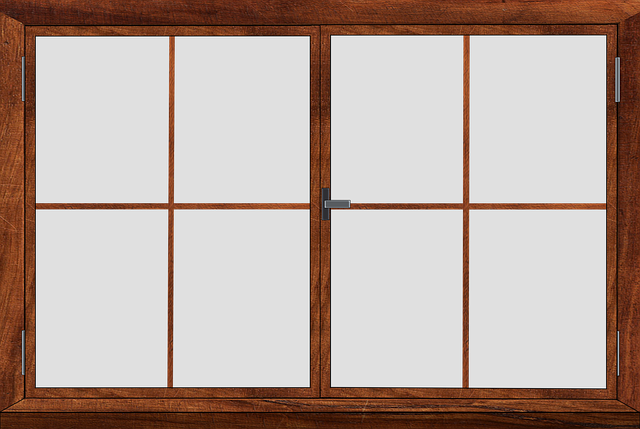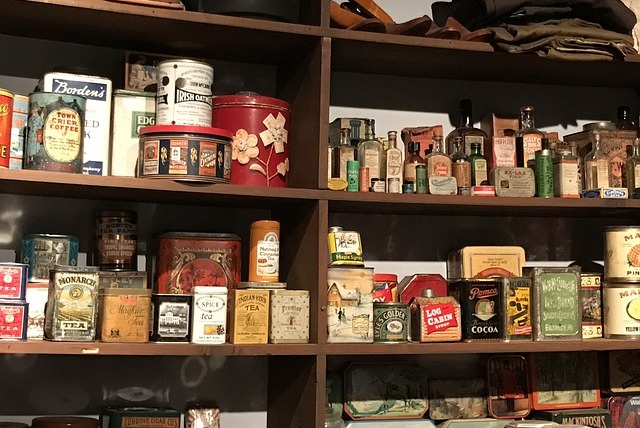Products v goods v materials

|

|

|
The terms ‘products’, ‘goods’ and ‘materials’ are sometimes used as if they are interchangeable, however, there are differences between them determined by what they are made of, how they are finished and whether they are offered for sale. Unfortunately these differences are sometimes rather vague and are not consistently applied.
Very broadly the difference between materials and products is that:
- Materials are raw, unprocessed substances such as sand, salt, and so on.
- Products are processed, finished items that are offered for sale. That is, they are manufactured combinations of materials and perhaps other products, processed to create items such as doors, windows, light fittings, and so on.
However, this deceptively clear difference becomes more complex when applied to composite materials (such as adhesives), to finished materials (such as processed timber), to unfinished products, and so on. For example, steel, whilst it has been processed, might be considered to be a material, whilst a steel beam, which is the same material but in a different form might be considered to be a product.
A slightly broader definition of materials as 'physical substances that things can be made from' excludes items such as doors and windows, but includes items such as processed timber, adhesives, concrete, and so on.
However, the distinction is confused further by unhelpful definitions such as that in Approved Document 7: materials and workmanship, which defines materials as; ‘manufactured products such as components, fittings, items of equipment and systems; naturally occurring materials such as stone, timber and thatch; and backfilling for excavations in connection with building work.’ This would appear to include all the tangible items used in construction works.
The term ‘goods’ refers more generically to possessions, or occasionally to merchandise that is transported - in some definitions by land only rather than by air or water.
Other similar terms include ‘commodities’, and ‘supplies’.
All of these can be distinguished from the supply of ‘services’ which HMRC suggest is ‘something other than supplying goods’, and typically refers to activities such as consultation, maintenance, installation, or sometimes the provision of accommodation.
Products, services and materials may sometimes be provided alongside each other as part or a single supply contract.
NB: The Construction Products Regulation defines a ‘construction product’ as; ‘…any product or kit which is produced and placed on the market for incorporation in a permanent manner in construction works or parts thereof and the performance of which has an effect on the performance of the construction works with respect to the basic requirements for construction works.’
[edit] Related articles on Designing Buildings Wiki
Featured articles and news
Key points for construction at a glance with industry reactions.
Functionality, visibility and sustainability
The simpler approach to specification.
Architects, architecture, buildings, and inspiration in film
The close ties between makers and the movies, with our long list of suggested viewing.
SELECT three-point plan for action issued to MSPs
Call for Scottish regulation, green skills and recognition of electrotechnical industry as part of a manifesto for Scottish Parliamentary elections.
UCEM becomes the University of the Built Environment
Major milestone in its 106-year history, follows recent merger with London School of Architecture (LSE).
Professional practical experience for Architects in training
The long process to transform the nature of education and professional practical experience in the Architecture profession following recent reports.
A people-first approach to retrofit
Moving away from the destructive paradigm of fabric-first.
International Electrician Day, 10 June 2025
Celebrating the role of electrical engineers from André-Marie Amperè, today and for the future.
New guide for clients launched at Houses of Parliament
'There has never been a more important time for clients to step up and ...ask the right questions'
The impact of recycled slate tiles
Innovation across the decades.
EPC changes for existing buildings
Changes and their context as the new RdSAP methodology comes into use from 15 June.
Skills England publishes Sector skills needs assessments
Priority areas relating to the built environment highlighted and described in brief.
BSRIA HVAC Market Watch - May 2025 Edition
Heat Pump Market Outlook: Policy, Performance & Refrigerant Trends for 2025–2028.
Committing to EDI in construction with CIOB
Built Environment professional bodies deepen commitment to EDI with two new signatories: CIAT and CICES.
Government Grenfell progress report at a glance
Line by line recomendation overview, with links to more details.
An engaging and lively review of his professional life.
Sustainable heating for listed buildings
A problem that needs to be approached intelligently.
50th Golden anniversary ECA Edmundson apprentice award
Deadline for entries has been extended to Friday 27 June, so don't miss out!
CIAT at the London Festival of Architecture
Designing for Everyone: Breaking Barriers in Inclusive Architecture.
Mixed reactions to apprenticeship and skills reform 2025
A 'welcome shift' for some and a 'backwards step' for others.


























